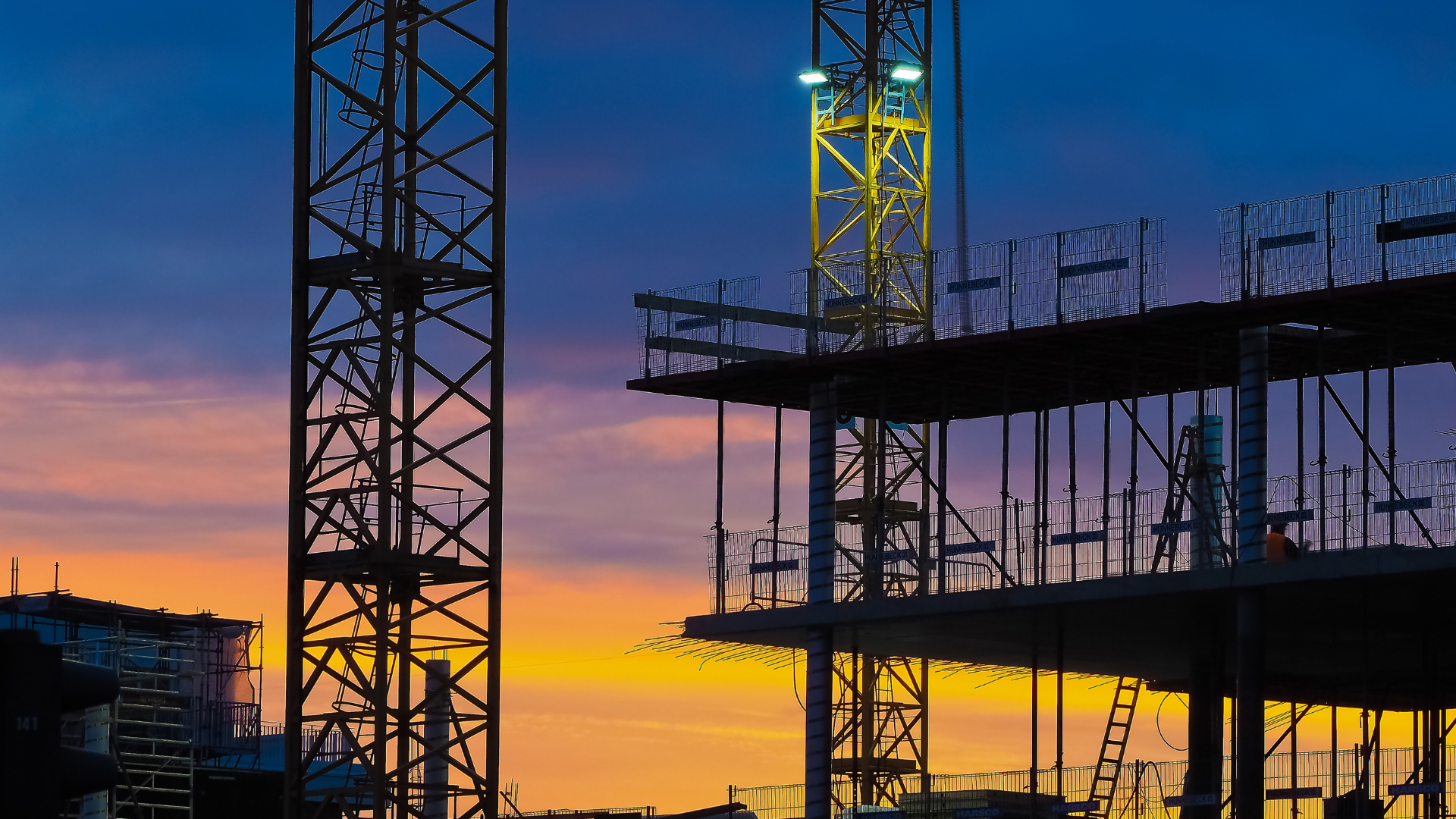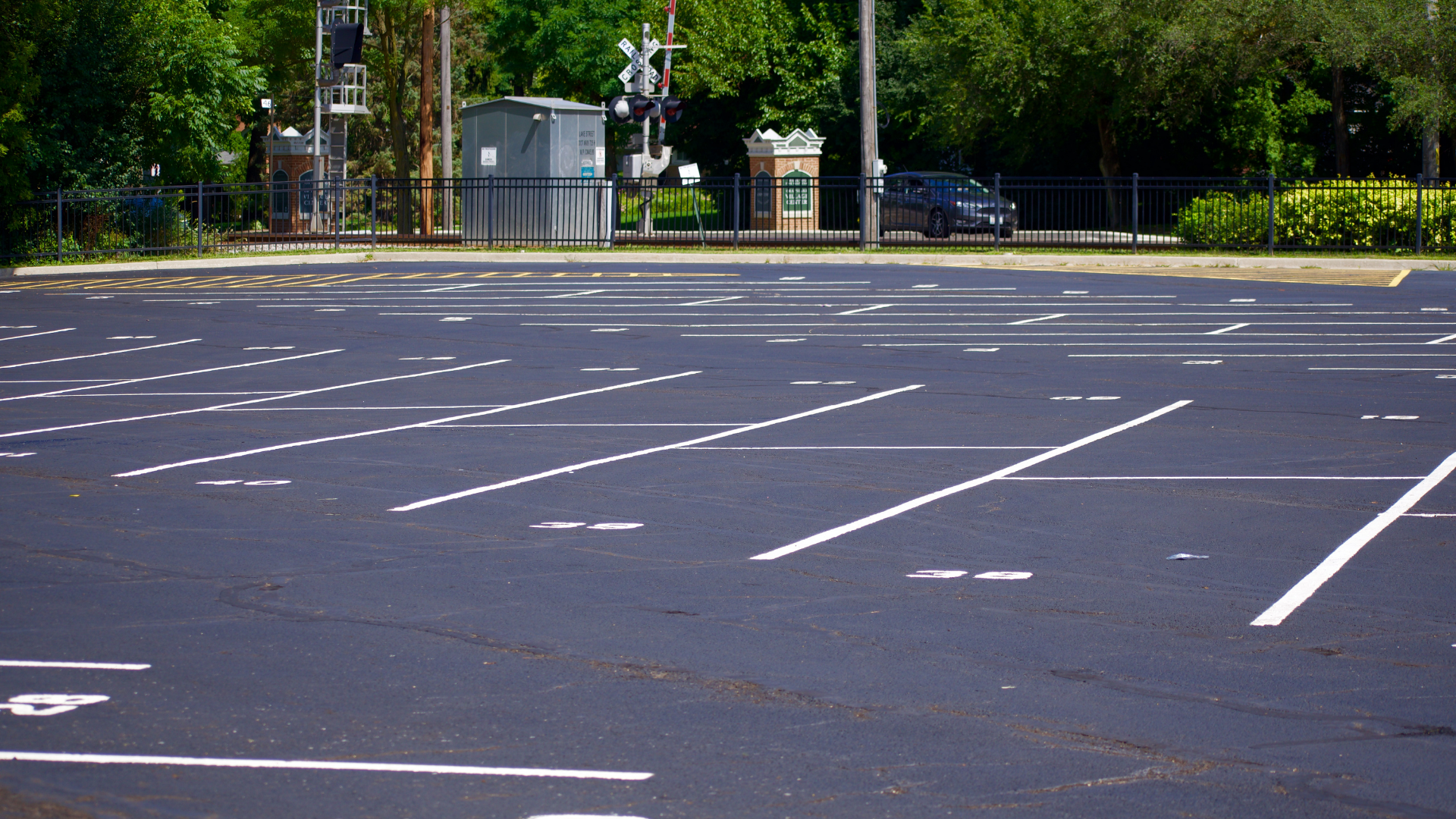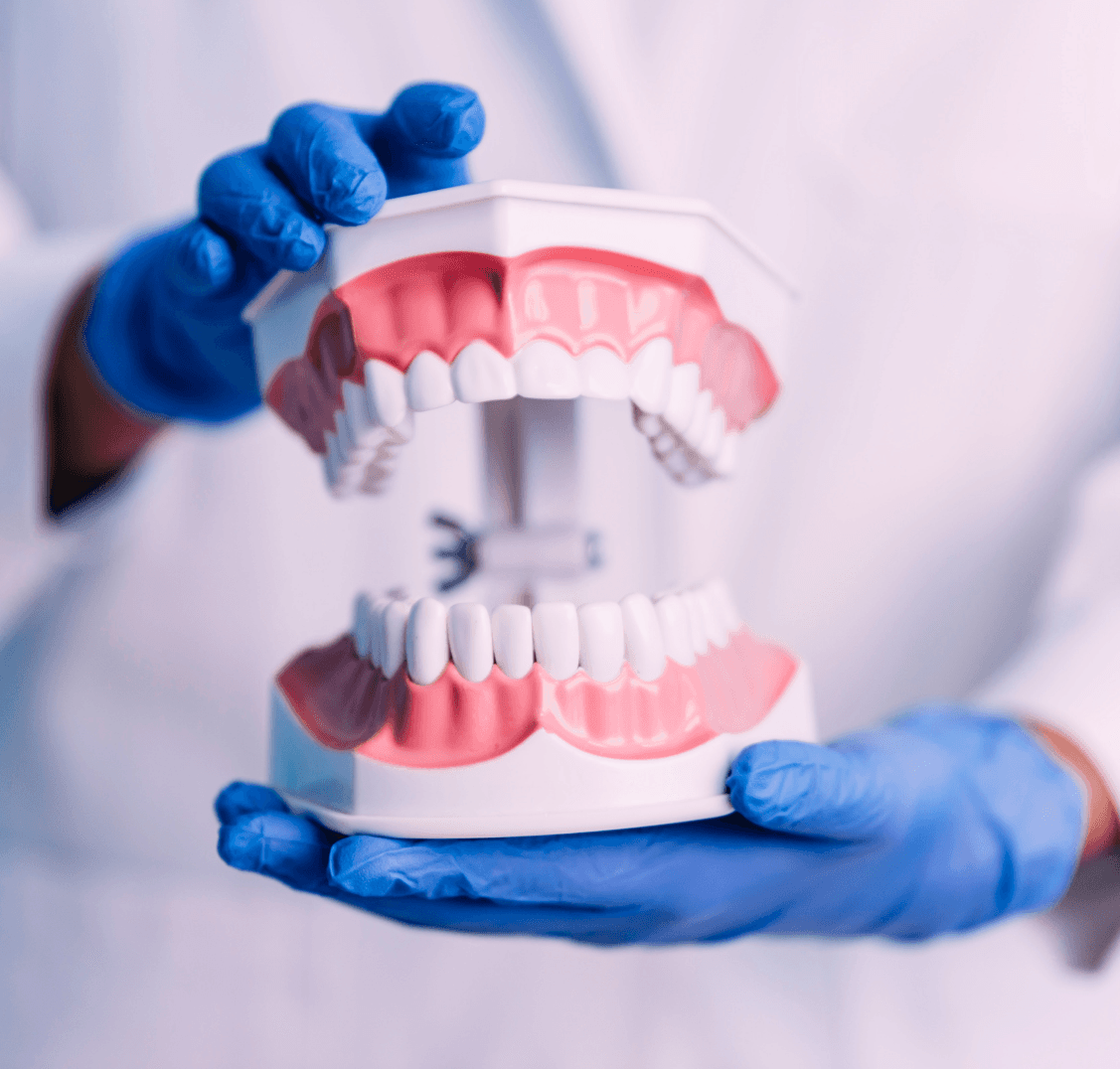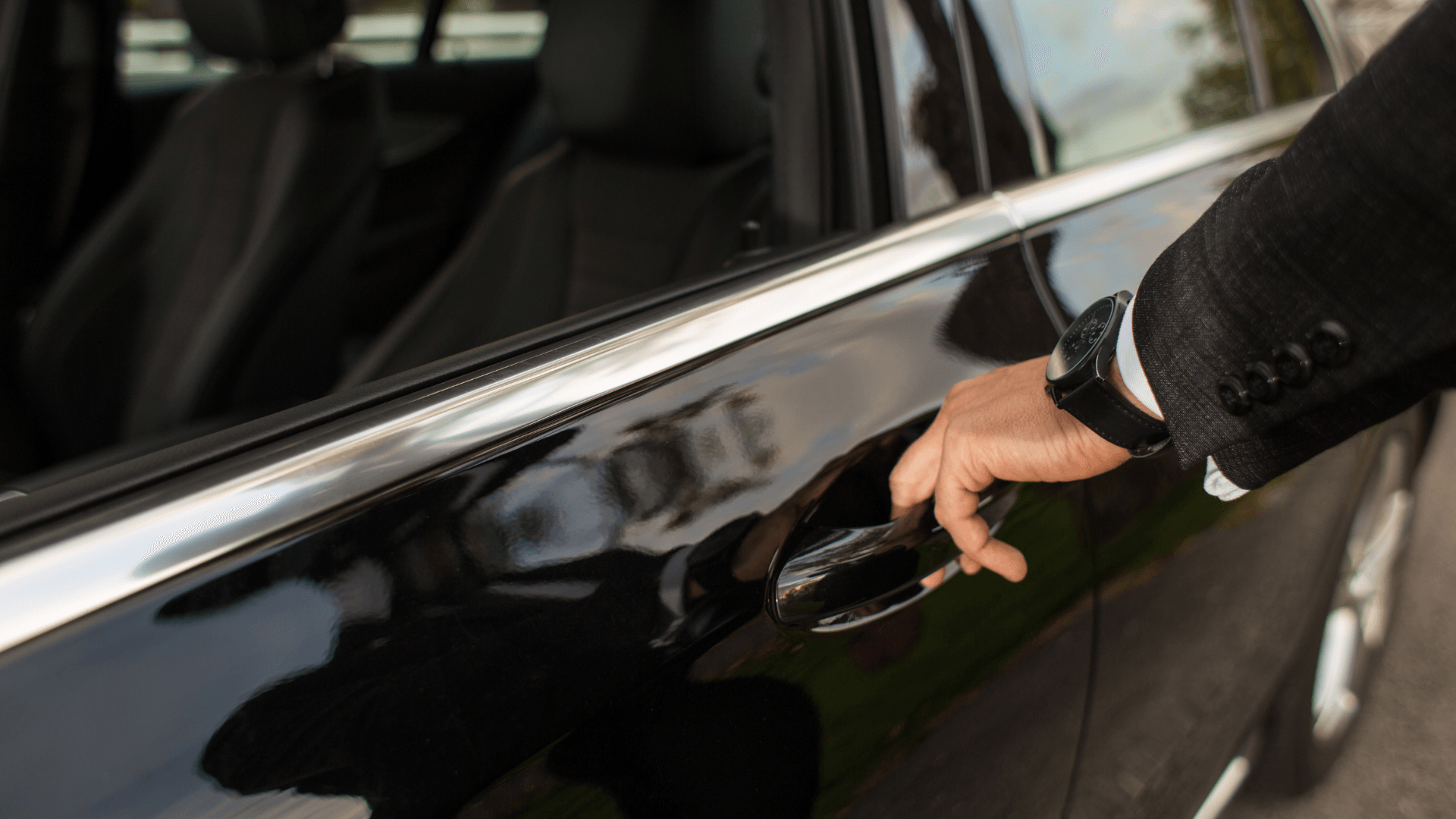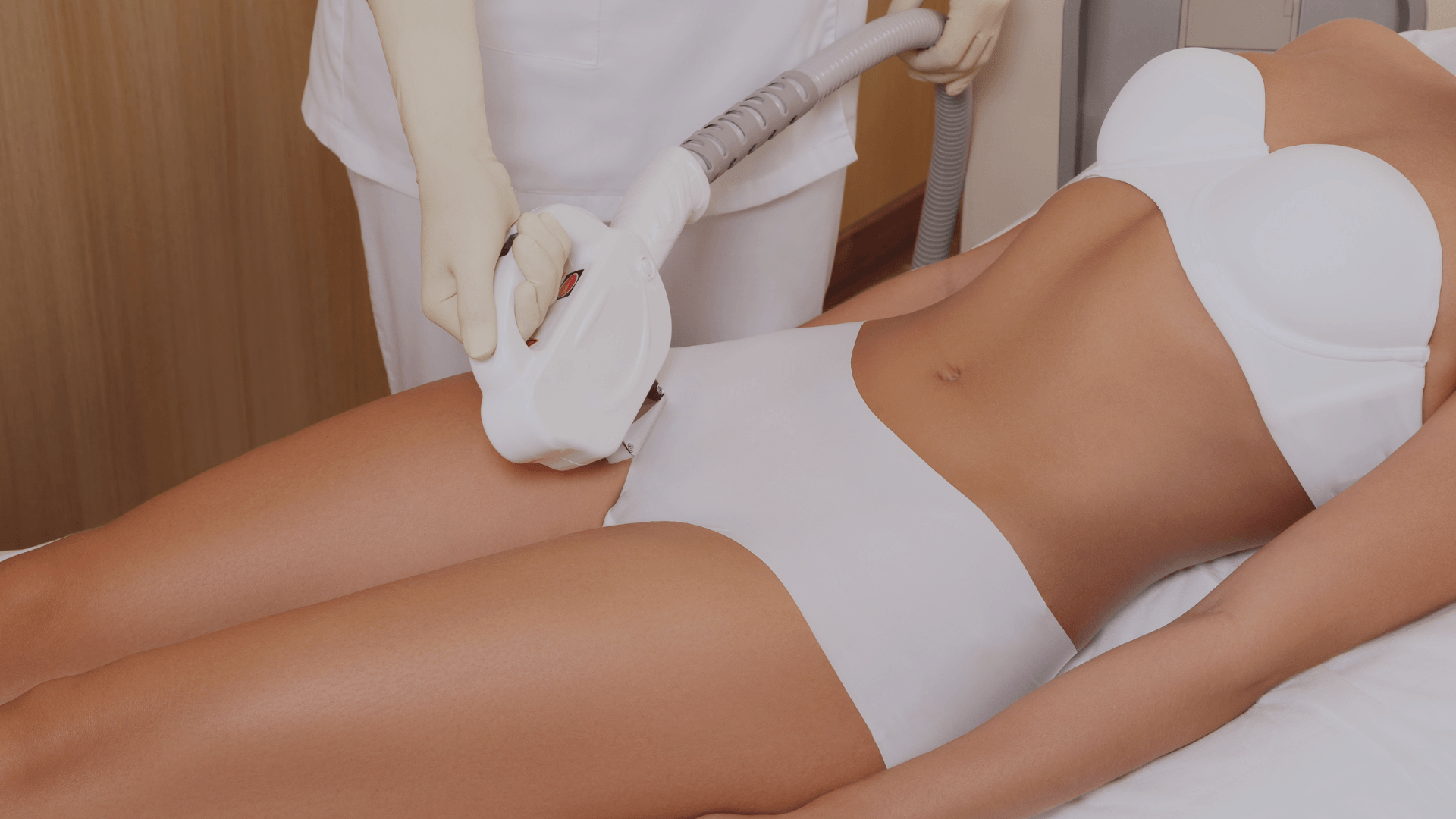How To Start A Dental Lab Business - A Detailed Guide
Are you thinking of starting a dental lab business? We'll teach you how to create your dental lab. We'll go through how to figure out what services you'll provide, how to create a dental lab budget, and how to set up your space with the proper furniture and equipment.
As the use of dental implants and other permanent remedies for missing or broken teeth has grown in popularity, so needs dental labs. Dental labs can provide complicated or elaborate dental implants, entire dental reconstructions, dental prostheses, and more for dentists and patients.
The Industry's Level Of Competition
There are national and international contests in the dental laboratory sector and local events. This is because huge dental laboratories may be hired from anywhere in the United States or overseas, particularly in China, where they can be produced at a low cost.
As a result, it's fair to conclude that the dental lab industry is highly competitive. The reality is that regardless of the degree of competition in a sector, you will always make progress if you do your homework and correctly brand and advertise your items or service.
Make sure you have what it takes to create safe and simple-to-use prosthetic and therapeutic devices (such as denture teeth and implants), as well as the know-how to reach out to your target market.
However, there are several dental laboratories located around the United States. As a result, if you decide to open your dental lab in the United States, you will undoubtedly face fierce competition. Furthermore, larger dental laboratories set market trends, and you should be prepared to compete for consumers with them.
The Dental Industry Is Expanding
Tooth labs are under additional pressure to offer visually acceptable, high-quality outcomes in a timely way now that more patients choose implants and dental reconstruction.
The popularity of dental implants and cosmetic dentistry has boosted the dental lab business, resulting in additional possibilities and positions for those interested in working in dentistry behind the scenes. When it comes to dental implants' appearance, feel, and quality, both patients and dentists are picky but don't let that deter you.
This industry may be quite profitable if your dental lab can produce high-quality work.
Identifying Your Dental Specialization
Before you establish a dental lab, you should first determine whether or not your particular dental services are in demand. The following are examples of services:
- Crown & Bridge (Crown & Bridge)
- Veneers
- Removable Implants & Implants
- Provisionals
The field of dentistry, which is now a growing sector, has developed rapidly in recent years, and there are now many dental manufacturers and labs. While joining an already bursting with talent may seem frightening, don't be put off by the competition.
Find out which services are in great demand, which goods and services are less popular, and which sections need proper presence.
Putting Together A Dental Lab Experts Team
You'll be able to start assembling a team once you know what sort of work your dental lab will be doing. You already know what niche you want to fill, so start looking for team members that specialize in that or related industries.
Remember that you want to assemble a team of like-minded individuals who will contribute to the team's success, not merely colleagues or business partners with whom you've previously liked working.
Select team members with relevant experience and credentials; those with degrees and experience in dentistry and dental services will always be preferred over those with expertise in related sectors. In addition, search for team members with various abilities that complement the others.
Finding six orthodontics professionals will not be as beneficial to you as finding three orthodontics experts and three crown construction experts. Make an effort to assemble a varied, well-rounded staff with a wide range of abilities and backgrounds.
Putting Together A Dental Lab Budget
When deciding how to start a dental laboratory, money is one of the most important factors to consider. Everything in this procedure will cost money, from the beginning to the end, and you must be prepared to pay for all of the essential components.
You'll need to budget not just for the cost of the space you rent or buy but also for dental lab equipment, furnishings, utilities, licenses, people, supplies, and so on.
Dental microscopes, model-building equipment, casting machines, dental waxing equipment, and essential air purifiers, and filtration systems to keep your work environment clean and hygienic are all common items found in a dental lab. Sit down and look over each projected expenditure one by one, then devise a strategy based on the budget you've prepared.
Making a budget can help you be better prepared during the process, guarantee you don't run out of money suddenly and boost your confidence when making decisions or changes to your dental lab's design.
Layout And Floor Plan For Your Dental Lab
It'll be time to pick and create your lab space once you've established your financial parameters. To prevent paying the extra money if your lab's facility isn't up to par, make sure it complies with all dental lab laws when choosing a location.
You should also select a lab that is the right size for your needs. If it's too tiny, your employees won't do their tasks securely or comfortably.
It'll be difficult to maintain everything organized, clean, and running well if it's too huge. It's critical to have enough room for your dental lab benches and storage while cost-effective.
Once you've decided on a location, OnePointe Solutions will assist you with designing and furnishing your dental lab. Our design team collaborates closely with customers to identify their unique requirements.
Get Assistance With Your Dental Laboratory Planning
Find people who can provide a wide selection of lab benches, casework, tables, seats, and other items, so you're sure to get just what you need. Some people can help you identify the right solution for your project, no matter the size or scope, and will custom create your furniture to fit exactly in with your design for optimal space use and simplified workflow.
